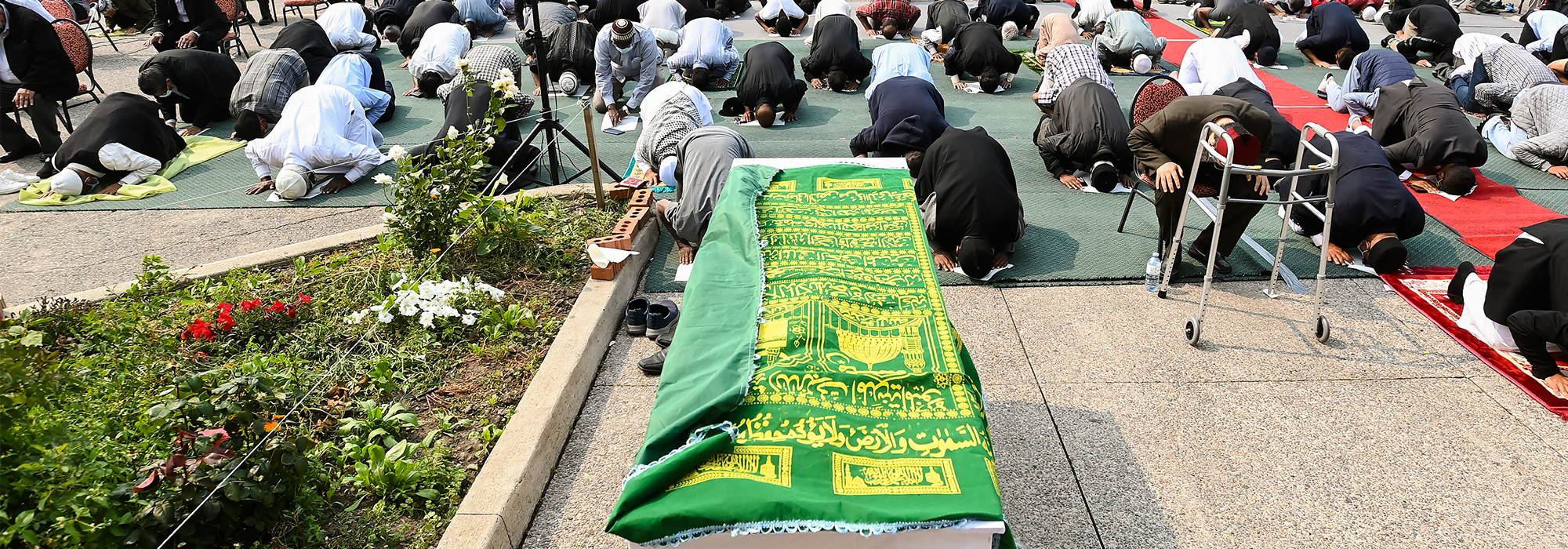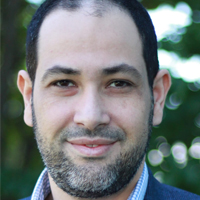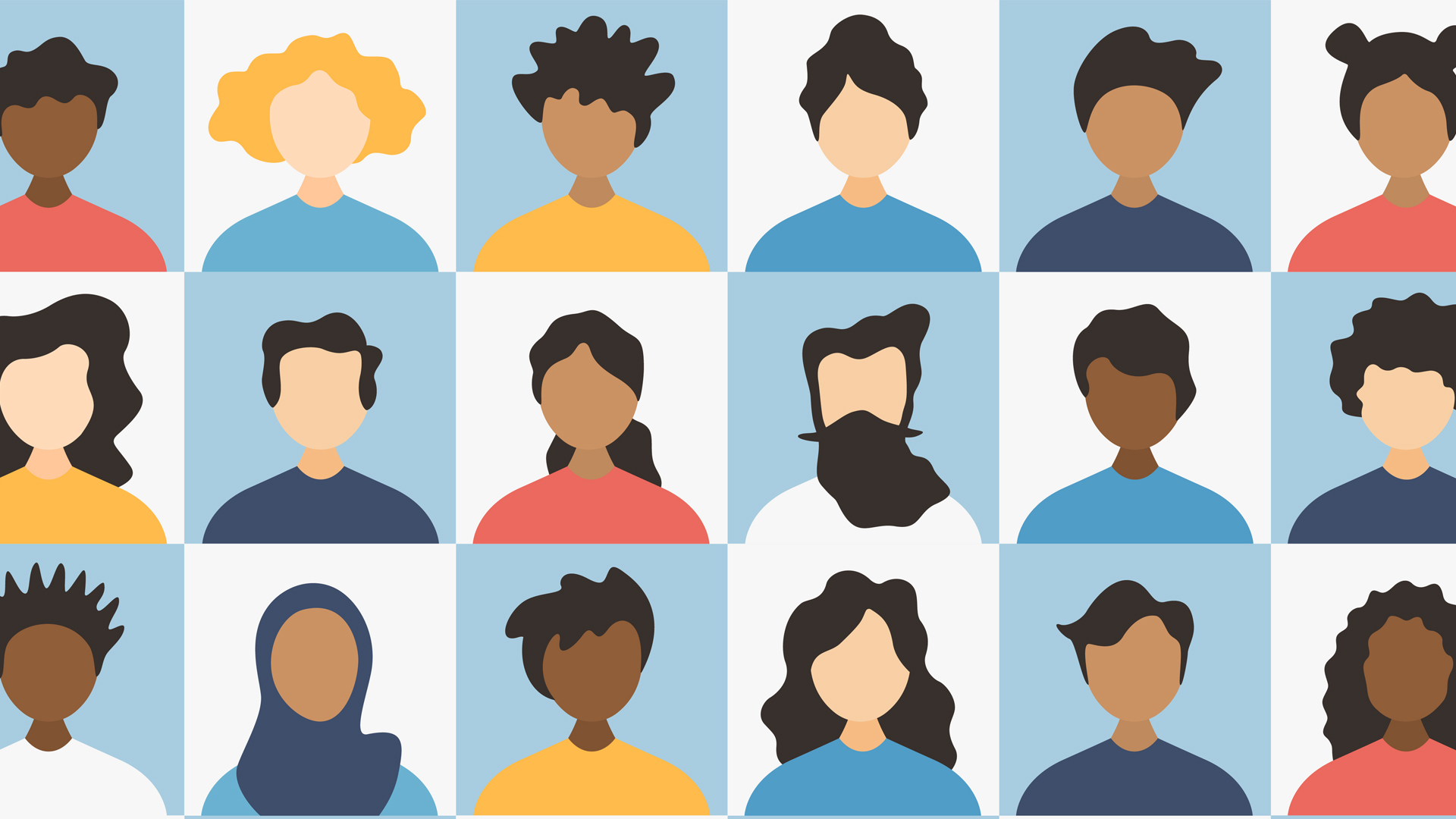
The COVID-19 pandemic came with many challenges other than the virus itself. In many situations it has magnified societal ills. This is especially apparent in the rise of Islamophobia online and in the media, in anti-Muslim harassment and in physical violence against Muslims. In the midst of mass lockdown procedures, economic collapse and overall uncertainty, hateful people, especially those associated with the far-right, have targeted and blamed Muslims for the spread of COVID-19. There is much the Government of Canada and broader anti-racist coalitions should be doing to mitigate these challenges.
Islamophobic sentiments emerged at the beginning of COVID-19 coverage when a flurry of media networks used images of visible Muslims in pandemic articles, betraying an ongoing problem of implicit bias. This included outlets such as The New York Times, BBC and CNN choosing irrelevant pictures of Turkish mosques to illustrate their stories on the US suspending travel to the EU. More recently CP24, a 24-hour Canadian television news channel, used a video of Muslims in a mosque when reporting on a Toronto Hookah lounge fined for failing to comply with COVID-19 bylaws after having more than 100 customers onsite.
Islamophobia also came from more openly hateful sources. Fake news suggesting that Muslims are super spreaders of the coronavirus and have been ignoring physical distancing regulations, about mosques being hotbeds for outbreaks, or about Muslims getting preferential treatment, has spread rapidly on outlets like Facebook and Twitter. While this is nothing new, the pandemic has caused an escalation in the falsehoods about Muslims.
In Edmonton, six weeks into the lockdown, a man sat in his vehicle outside the oldest mosque in North America, Al-Rashid, running what he called a “Ramadan Bombathon” which he broadcast on social media. The man took it upon himself to monitor the mosque for COVID-19 compliance during Ramadan – an attempt to intimidate the community.
Many municipalities temporarily waived noise bylaws for the duration of the month of Ramadan to allow mosques to broadcast their sunset prayers on loudspeakers. The gesture was welcomed from Vancouver to Halifax; however, the online backlash and media turmoil overshadowed the joy brought to Muslim families, turning an otherwise harmless one-minute traditional reminder into an opportunity to spew hate.
A few months later, André Audet of Quebec had charges brought against him in connection with hundreds of online posts he made calling for the deaths of all Muslims and Prime Minister Justin Trudeau.
Mosques have also increasingly been vandalized as a means of spreading fear. The Muslim Association of Canada’s (MAC) Masjid Toronto has seen six major incidents at both of its locations since the start of the pandemic, including spray-painted racial slurs and broken glass. Al Rashid Mosque in Edmonton was again targeted with neo-Nazi graffiti, and four men were accused of public urination on the Islamic Society of Markham.
The number of violent crimes against Muslims have also risen, including a Vancouver hijabi being punched repeatedly on transit, a Montreal family enduring a racist confrontation at a park, a London, Ont. woman having racial slurs used against her in a store and Toronto women facing an anti-Muslim tirade on the TTC, among others. On September 12, the caretaker of an Etobicoke mosque was stabbed to death. The suspect has been linked to neo-Nazi social media accounts.
It’s clear that Canadian Muslims are carrying another burden alongside the stressors of the pandemic: the stigma of exclusion. And worse, this is coming at a time when the Muslim Association of Canada and other Muslim organizations, through their leadership and frontline services, have helped countless Canadians – actions that have been recognized by several members of Parliament as well as Trudeau, himself. Ultimately, Islamophobia not only hurts Canadian Muslims and divides our shared communities, it is also detrimental to Muslim efforts on the frontlines of the pandemic.
At a grassroots level, we need solidarity among community and faith groups to stand up to the hate. At a time when the need for community care is paramount, heightened Islamophobia presents an opportunity for us to unite and denounce hatred together.
Political action needed to combat online hate
Online hate, primarily through social media, continues to fuel Islamophobia and animosity towards Canadian Muslim populations. In 2016, software company Cision documented a 600 percent rise in the amount of intolerant hate speech in social media postings. Their study focused on the usage of hashtags such as #banmuslims and #siegheil. In 2019, Leger Marketing reported that 60 percent of Canadians report having seen hate speech on social media, and 62 percent of Quebecers stated that they had seen hateful or racist speech on the Internet or on social media in relation to Muslims.
Community groups have been calling for improved human rights legislation that addresses online hate. The submission and complaint process at the Canadian Human Rights Commission should also be overhauled, so that victims can more easily find redress. A good initiative by the National Council of Canadian Muslims (NCCM), is to advocate for a comprehensive review of the Canadian Human Rights Act in order to consider how to address the rise of online hate, anti-Semitism and Islamophobia in balance with the rights of Canadians to engage in legitimate critique.
The NCCM Federal Elections Guide recommends reviewing existing legislation to address the rise of online hate, regulating social media companies for prevention of hate, violence and misinformation, and increasing funding for relevant groups to develop Canadian digital literacy programming. To reduce the harm, we need better tracking by law enforcement, and protective measures for Muslim institutions under attack. As well, there should be the creation of an independent regulatory oversight body set up to regulate all online platforms and enforce consequences for allowing hate.
In May 2019, Canada signed onto the Christchurch Declaration, a global pledge to eliminate terrorist and violent extremist content online, and Trudeau promised a new digital charter to combat hate speech and misinformation at the VivaTech conference in Paris. This was followed by an election promise to target online hate speech, exploitation and harassment, and do more to protect victims.
In essence, we need the Liberal government to make good on their promises and in these unprecedented times, exceed them. Now, unapologetic real action is needed.
Photo: People pray behind the casket of Mohamed-Aslim Zafis during his funeral in Toronto on September 16, 2020. An arrest has been made in the homicide of a man who was fatally stabbed last week outside a Toronto mosque, which is now calling for the murder to be investigated as hate-motivated. THE CANADIAN PRESS/Nathan Denette








